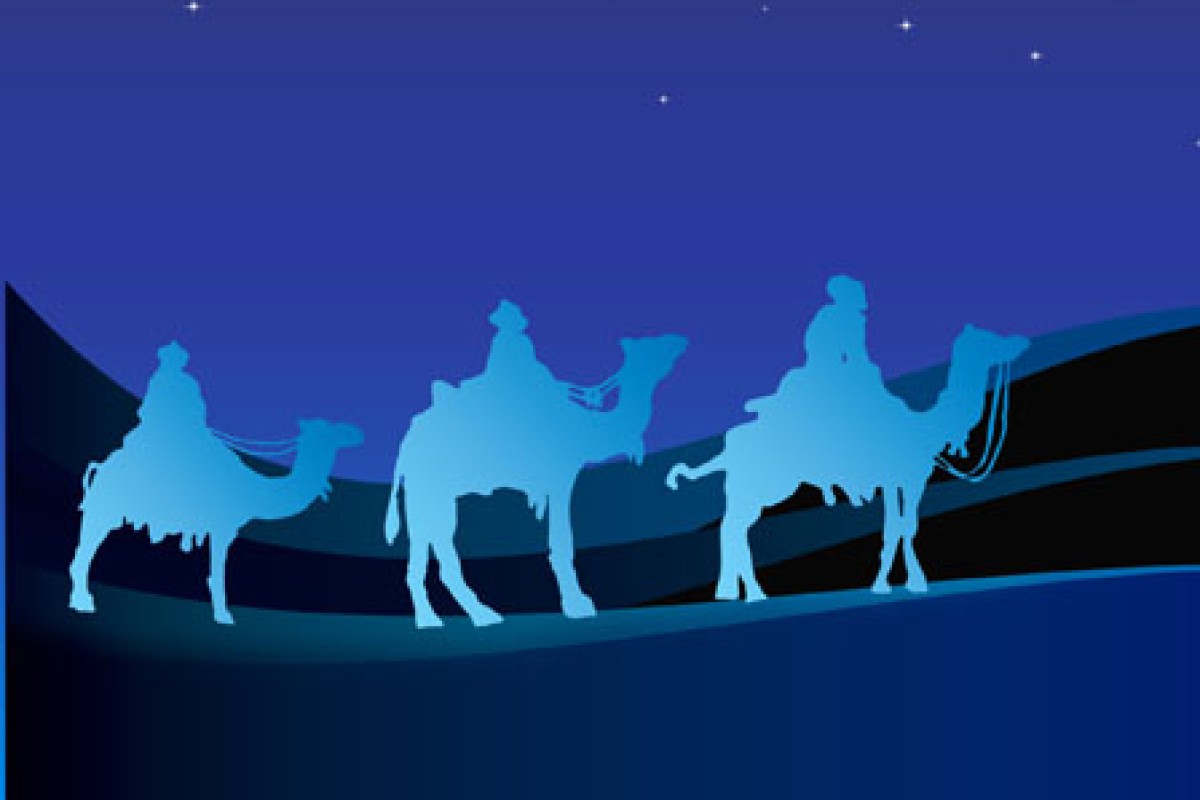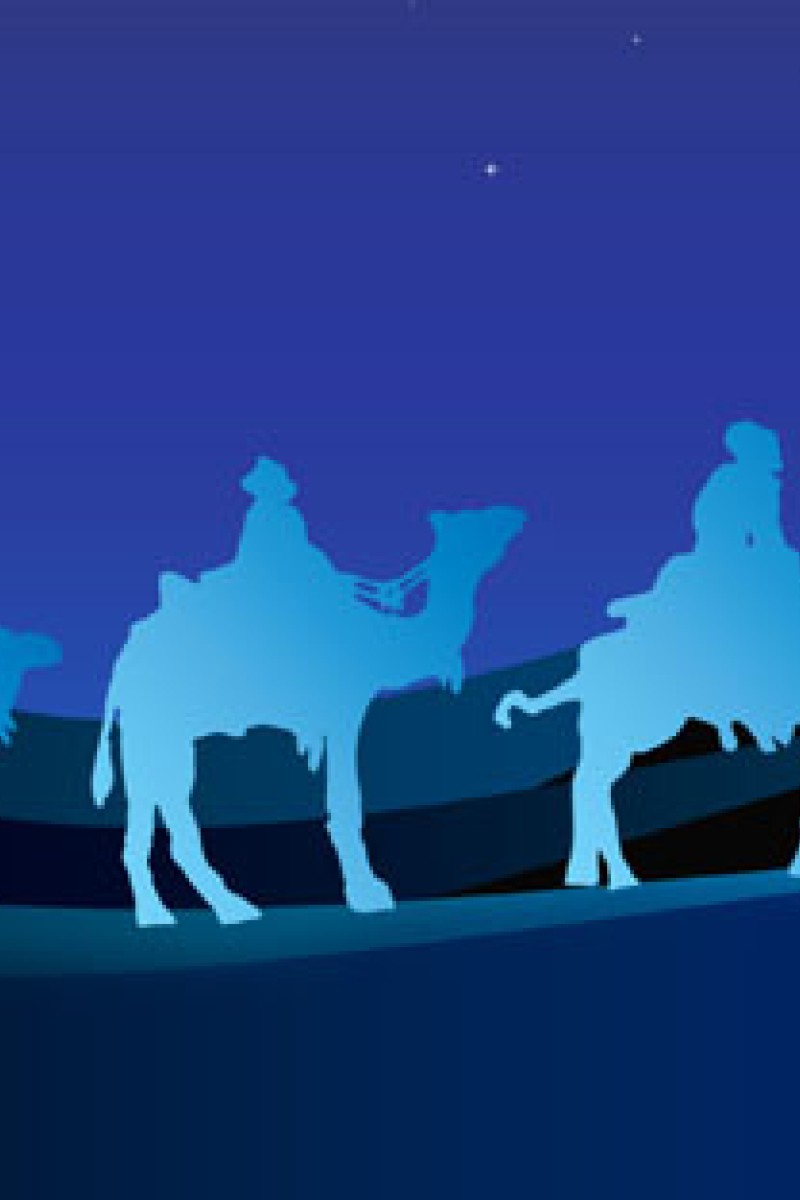
Yuletide
Christmas wasn't always Christmas. Many special days are celebrated around this time of year - the winter solstice, new year, Saturnalia, lunar new year, Tsagaan Sar. In the last couple of months, we've had Hanukkah, Diwali and Eid. Although these holidays are celebrated by different people, they all have one thing in common - hope, new beginnings, life in the dead of winter. Yuletide is no different. It was a pagan festival celebrated in Europe for just those reasons.
God rest ye merry, gentlemen
This is sure to get your English teacher reaching for the rules of punctuation. It's the first line of a very old Christmas song, or carol. What's strange about it is, of course, where that pesky comma goes. "Rest ye merry" means something similar to "rest assured", so the song does not refer to "merry gentlemen".
The Magi
The Magi, aka the three wise men or three kings, were known to be stargazers - astrologists/astronomers; it was kind of all the same thing in those days. The Bible says they knew Christ had been born because of a star in the sky. They saddled up their camels and went to see for themselves.
Over the years, they were given names - Balthazar, Melchior and Gaspar (or Caspar) - but, in fact, they were not named in the Bible. They came from "the East" - no one really knows where, but it is thought they travelled from Persia, Babylon or Yemen. We can thank them for the idea that people should get presents on Christmas Day, for they brought gifts to Jesus.
Three gifts
The three gifts the Magi brought were gold, frankincense and myrrh. We all know what gold is. Frankincense is a sort of gum that you get from trees - chewing gum if you like. While no one is suggesting baby Jesus needed it for this purpose, frankincense was often chewed to freshen the breath. It has a pleasant scent, keeps mosquitoes away, is good for indigestion and is believed to help to heal wounds. Myrrh is also a sort of gum, harvested from a tree which grows in Yemen, Somalia and Ethiopia. It's also good for healing wounds, but was used by Egyptians to embalm mummies.
Good King Wenceslas ...
What does a European king have to do with Christmas? Well, he did a lot to bring Christianity to Bohemia, a region around modern-day Czechoslovakia. If you're looking for something to do over the holidays, check him out online. His story of sleeping armies and hidden swords would make a great manga.
Mince pies
Like mooncakes, you either love 'em or you hate 'em. But don't let the word "mince" confuse you. These sweet nibbles are not made of meat these days - the "mince" is fruit. To mince something is to chop it up very finely. Heaven only knows what they contained in the past, though, as then they would also have meat.
I Saw Three Ships ...
Another popular carol that has us scratching our heads. Where did they come from and where did they sail in to? Some folks like to say the ships represent the Magi. But Bethlehem is nowhere near any sea or great lake. These ships, could, however, be the ones that were supposed to be taking the gifts of the Magi to Germany in the 12th century.
And finally ... Bah! Humbug!
This is a line uttered by the character Scrooge in Charles Dickens' A Christmas Carol. "Bah" is an expression of disgust, like you make if someone forces you to eat mince pies. "Humbug" means nonsense or rubbish!
